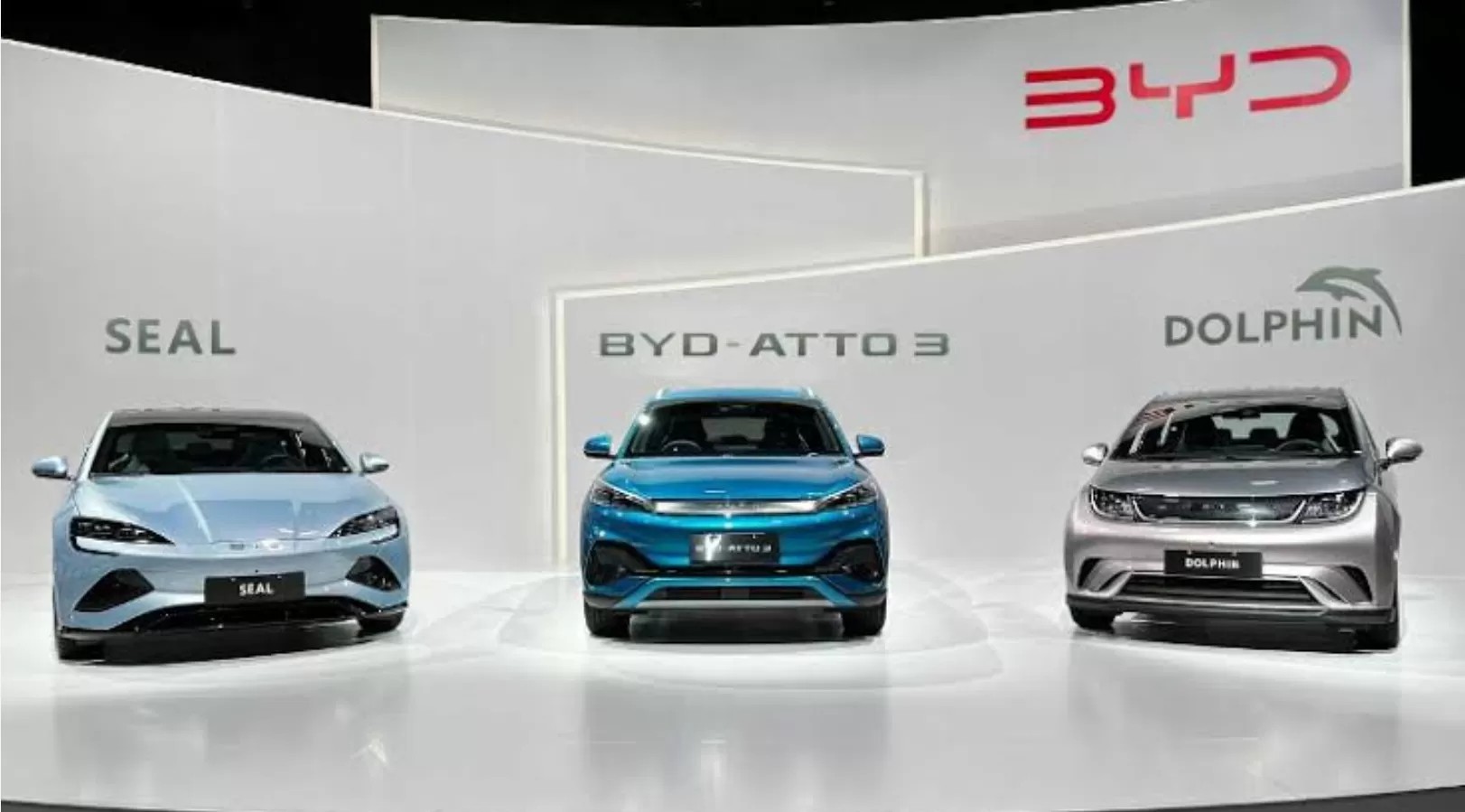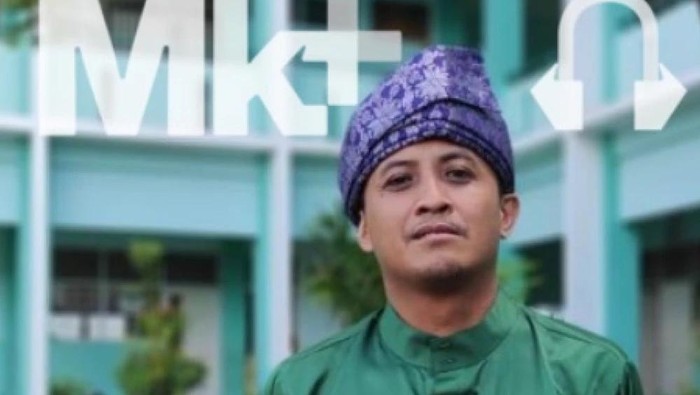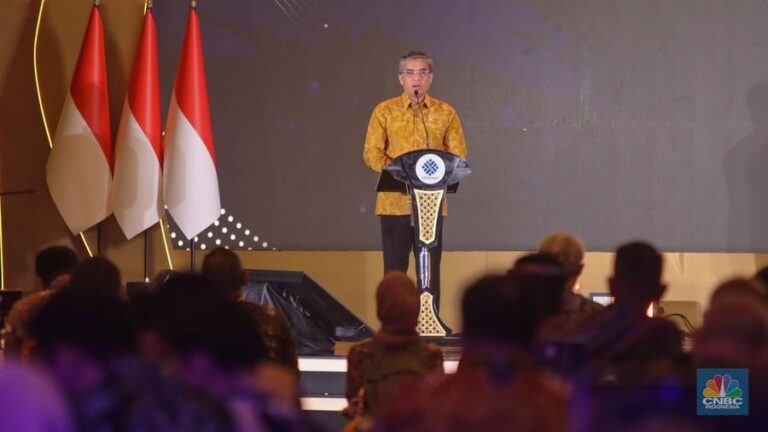Jinjiang Group, a contractor affiliated with the prominent Chinese electric vehicle (EV) manufacturer BYD, has publicly rejected allegations from Brazilian labor authorities accusing the company of subjecting workers to conditions likened to slavery. The claims, which surfaced on Wednesday, described a grim scenario involving 163 Chinese nationals reportedly working in exploitative circumstances at a construction site in Bahia state, where a BYD-owned factory is under development. Jinjiang, however, has strongly contested these allegations, asserting that they are based on misinterpretations arising from cultural and linguistic differences.
The Brazilian labor inspection report ignited widespread attention by alleging that workers had been subjected to conditions violating basic human dignity. Among the accusations was the claim that employees’ passports had been confiscated, effectively limiting their freedom. Responding to the escalating controversy, BYD promptly announced the termination of its relationship with the firm responsible for hiring the workers and emphasized its commitment to cooperating fully with authorities to address the matter comprehensively.
Jinjiang issued a detailed rebuttal on Thursday through its official Weibo account, expressing frustration over what it described as a serious misrepresentation of facts. “The characterization of our employees as ‘enslaved’ has profoundly insulted their dignity and undermined their human rights,” the company stated. “This labeling is not only baseless but also a severe affront to the Chinese people.” To further counter the accusations, Jinjiang revealed that its workers had collectively signed a letter to voice their grievances about the allegations, which they perceive as both unjust and damaging.
Li Yunfei, BYD’s general manager for branding and public relations, shared Jinjiang’s statement on his personal Weibo account, accusing “foreign forces” and certain Chinese media outlets of attempting to smear Chinese brands and disrupt China-Brazil relations. Li’s comments underscored the broader geopolitical implications of the incident, framing it as part of an orchestrated campaign to undermine China’s growing influence in the global EV market.
The controversy has also drawn the attention of China’s Ministry of Foreign Affairs. Spokesperson Mao Ning confirmed on Wednesday that the Chinese embassy in Brazil was actively engaging with Brazilian authorities to verify the details of the allegations and ensure an appropriate resolution. This diplomatic intervention highlights the sensitivity of the matter, given the high stakes involved in China’s economic and industrial ambitions in Brazil, a key international market.
The BYD factory in Bahia state represents a significant milestone in the company’s global expansion strategy. Scheduled to begin production by 2024 or early 2025, the facility aims to manufacture 150,000 electric vehicles annually during its initial phase. This investment is strategically aligned with Brazil’s impending tariff hike on imported EVs, set to rise from 18% to 35% in July 2026, creating a strong incentive for localized production.
Jinjiang attributed the accusations to cultural and linguistic misunderstandings, arguing that the interactions between its employees and Brazilian inspectors had been marked by suggestive questioning that led to erroneous conclusions. To substantiate its position, Jinjiang released a video featuring a group of Chinese workers standing together, with one individual reading a letter purportedly signed by the group. The letter clarified that 107 workers had voluntarily submitted their passports to the company to facilitate the issuance of temporary ID certificates in compliance with Brazilian regulations.
In the video, a worker expressed the group’s sentiments, stating, “We are very happy to come to Camacari to work. We have followed local laws and regulations diligently, contributing to the construction of Brazil’s largest new energy vehicle project with the hope of completing it successfully and on schedule.”
While Jinjiang’s defense has sought to shift the narrative, the allegations have raised broader questions about labor practices and regulatory oversight in international projects. As Brazil becomes an increasingly critical market for EV manufacturers, incidents like this could prompt renewed scrutiny of the ethical and legal frameworks governing cross-border labor arrangements.









